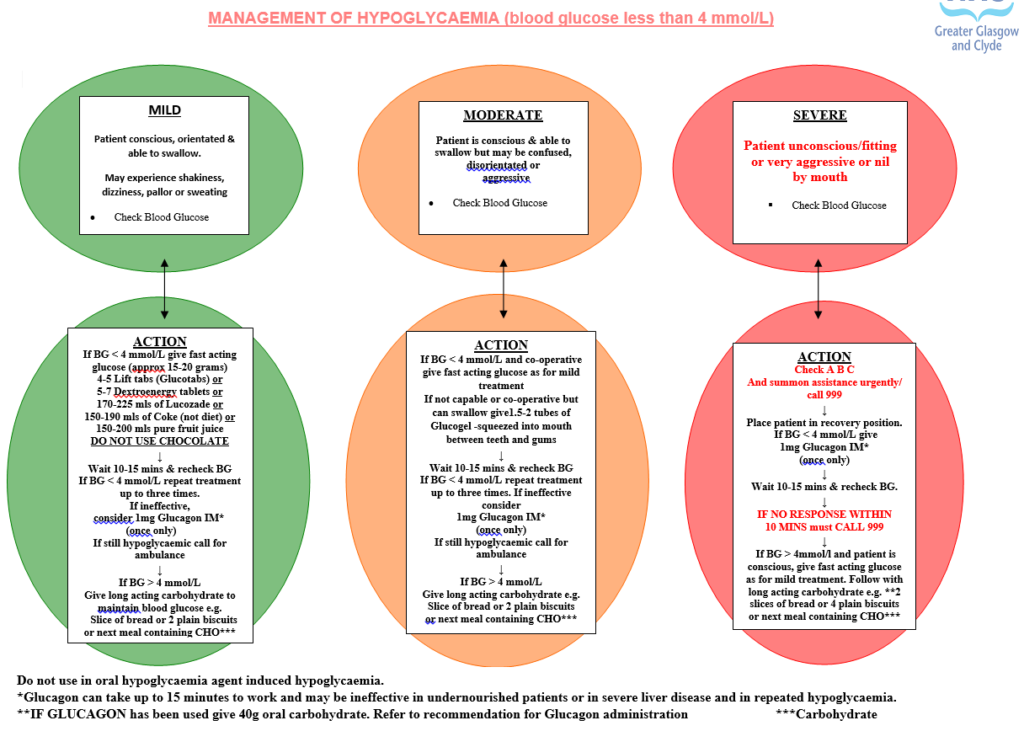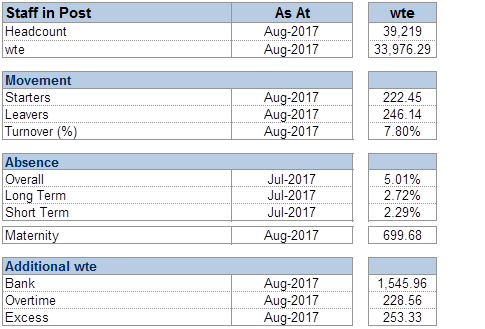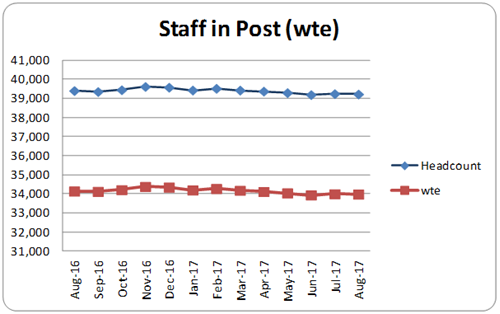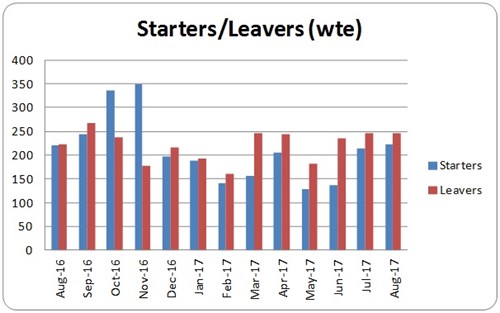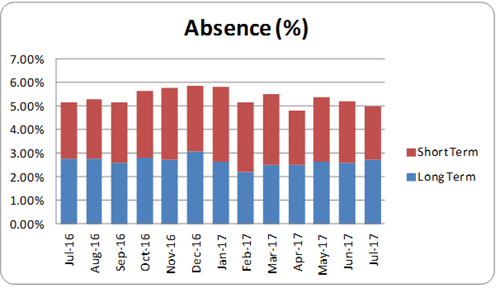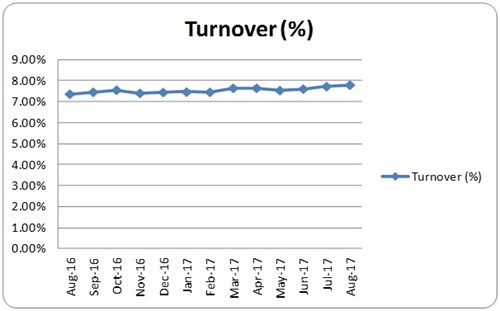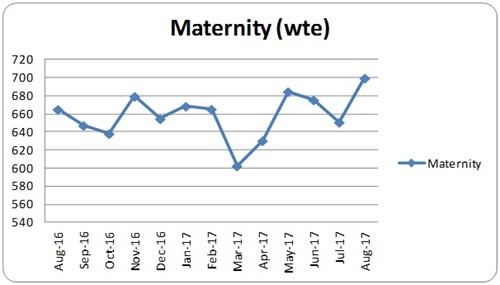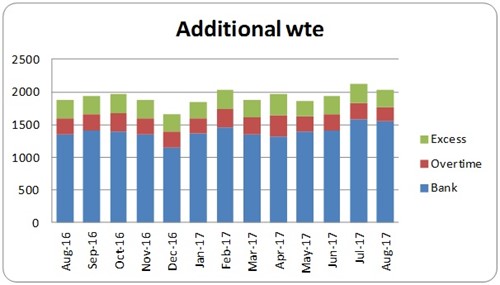WE HAVE MOVED HOME! This page is no longer updated, please visit the new Sharepoint Community Nursing Webpage.
To access the New Community Webpage simply CLICK HERE
March 2022
Update from Non Medical Prescribing team
Wound management: Discontinuation of AQUACEL® Ag and AQUACEL® Ag Extra™ dressings and replacement with Aquacel Ag +
In theory no action should be required since previous notification of this has been sent out. However we do continue to note prescribing activity with old non formulary dressing titles prescribed.
Prescribing implications (apart from loss of rebates)
- “Ordinary” Aquacel flat dressings (not ribbon) are discontinued and Aquacel Extra is the only one available. This information has previously been circulated and should be widely known. We do see this starting to be reflected in prism data.
- Aquacel Ag as noted is being discontinued and the only range will be formulary Aquacel Ag+ Extra.
- Over this year as transition takes place clinicians should try not to inadvertently miss out the all-important “+” sign for silver products! If not prescribed accurately (attached) this could result in the pharmacists contacting NMP to inform them the product has been discontinued and asking for an alternative. This will may cause confusion and risk delays in patients commencing treatment.
- FYI the “extra” part accounts for greater absorbency potential and sequestering proteases – whereas the “+” sign for Ag range denotes surfactant has been included.
Useful Links
Please click on the relevant box below to directly access the information.
Prescribing Support
In each of the localities within Glasgow City HSCP, there are support groups available to community nurses who hold the V100, V150 or V300 prescribing qualifications. Please see the main contact below for each location and feel free to email them to ask for dates and times of meetings you will be able to link in to for support and guidance.
- North – Linda Peattie (Nurse Team Leader) – Linda.Peattie@ggc.scot.nhs.uk
- South – David McCrohon (Practice Development Nurse) – david.mccrohon@ggc.scot.nhs.uk


